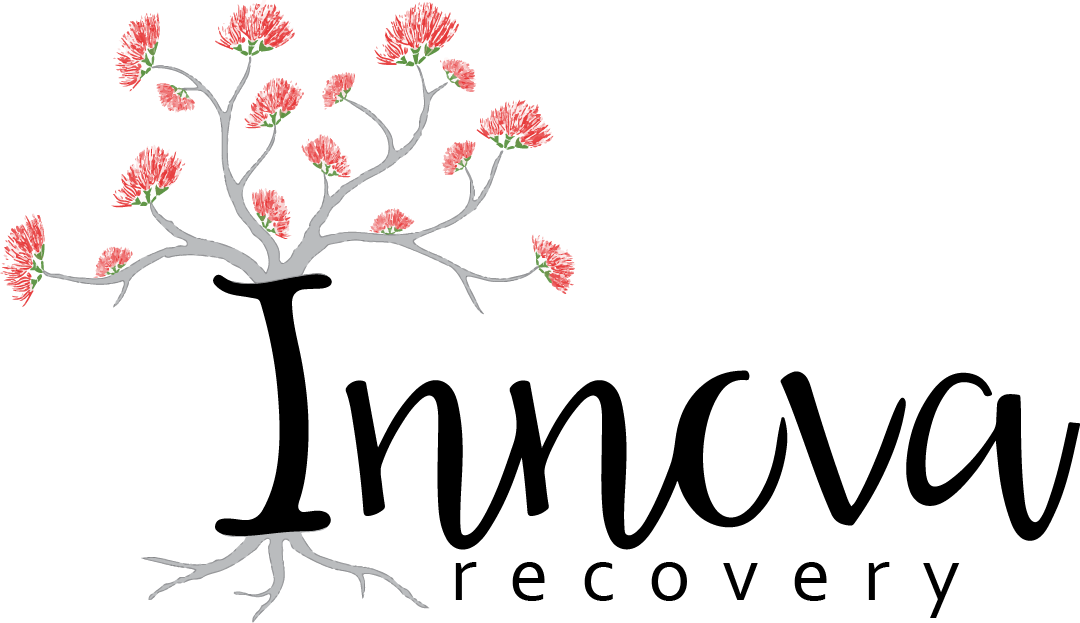Cognitive Processing Therapy
Become “unstuck” from your Trauma & PTSD
After experiencing a traumatic event, thoughts such as “The world is not safe” and “I cannot trust anyone” can take over,preventing you from developing healthy relationships and enjoying activities you once did. Cognitive Processing Therapy (CPT) identifies the core beliefs that formed these thoughts to help you find a new way of seeing the world around you.

What is Cognitive Processing Therapy?
Developed in the late 1980s, Cognitive Processing Therapy (CPT) was initially intended as a treatment for survivors of sexual assault. Because of its effectiveness for trauma-related PTSD, it is now widely used to treat survivors of childhood sexual abuse, military combat trauma, and more. CPT is endorsed by the U.S. Departments of Veterans Affairs and Defense as a best practice for the treatment of PTSD.
CPT helps people understand and change how traumatic experiences impact their view of the world. For those impacted by trauma and abuse, maladaptive thought patterns such as “I am not safe,” “The world is not safe” and “I cannot trust anyone” are pervasive. These thoughts may appear to help keep someone safe; however, they just limit the opportunity for healthy relationships and positive experiences that could provide joy and a corrective experience. Finding the right mix of caution and openness is critical for trauma recovery and the human experience.
CPT addresses what one defines as the “cause” of their trauma. All too often, self-blame creeps in as someone plays the “what if” game to decide what they could have done differently to have a different outcome. These thoughts are not only unproductive and maddening, but can create secondary emotions of guilt and shame that are crippling.
The 4 Components of Cognitive Processing Therapy
CPT is comprised of four main components, typically taking place over 12 sessions, though that can be adjusted as needed.
Psychoeducation
Treatment begins with psychoeducation about PTSD and the CPT approach towards trauma. During these initial sessions, we will go over your symptoms and the goals of your treatment.
Understanding Thoughts & Feelings
Next, weʼll work to identify and understand your emotional responses to a traumatic event. You may write an impact statement that explores your thoughts and feelings about the trauma.
Developing New Coping Skills
As we progress through treatment, youʼll learn how to question and challenge these thoughts, and develop skills to recognize problematic ways of thinking and challenge your beliefs.
Changing Your Beliefs
Lastly, you will learn how your beliefs about the world can change after trauma. Weʼll explore your beliefs in 5 key areas of your life: self-esteem, intimacy, power, safety, and trust.
How it Works
Your journey can start today. Call or text us.
Reach Out
Our trained coordinators will assess your goals and needs.


Personalized Match
You will be matched with a therapist that fits your preferences (male or female, in-person or telehealth) and your therapeutic goals.


Start Therapy
At Innova, you will find the support you need to become unstuck and move forward.
Treating PTSD with Cognitive Processing Therapy
At Innova Recovery Center, we provide CPT to help individuals manage their trauma-related symptoms such as anger, anxiety, depression, hopelessness, guilt, and more. Patients learn skills that can help them decide whether there are more helpful ways to think about their trauma and become “unstuck.” CPT is one of many trauma treatment modalities used at Innova Recovery Center. Each one of our treatments is intended to treat every aspect of your recovery including mind, body, and soul. To learn more about our therapies, click here.
Get Matched With a Therapist







